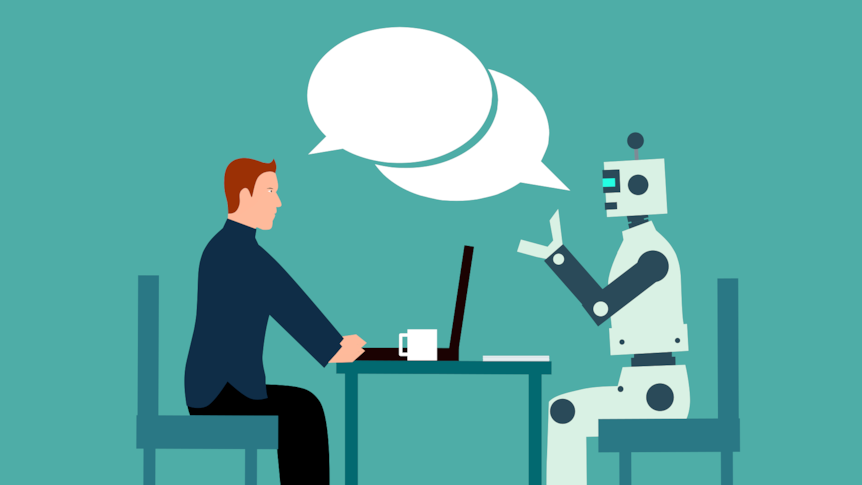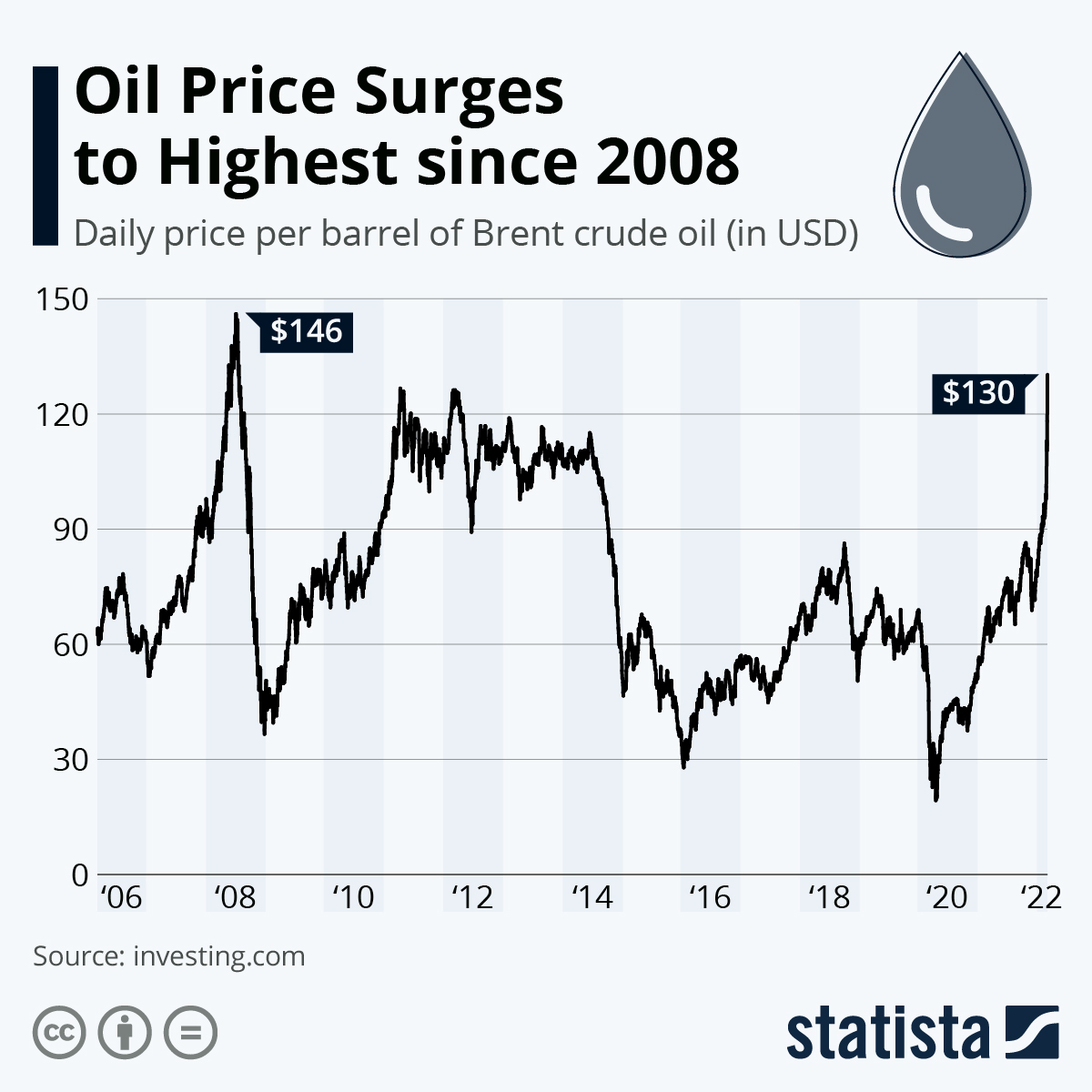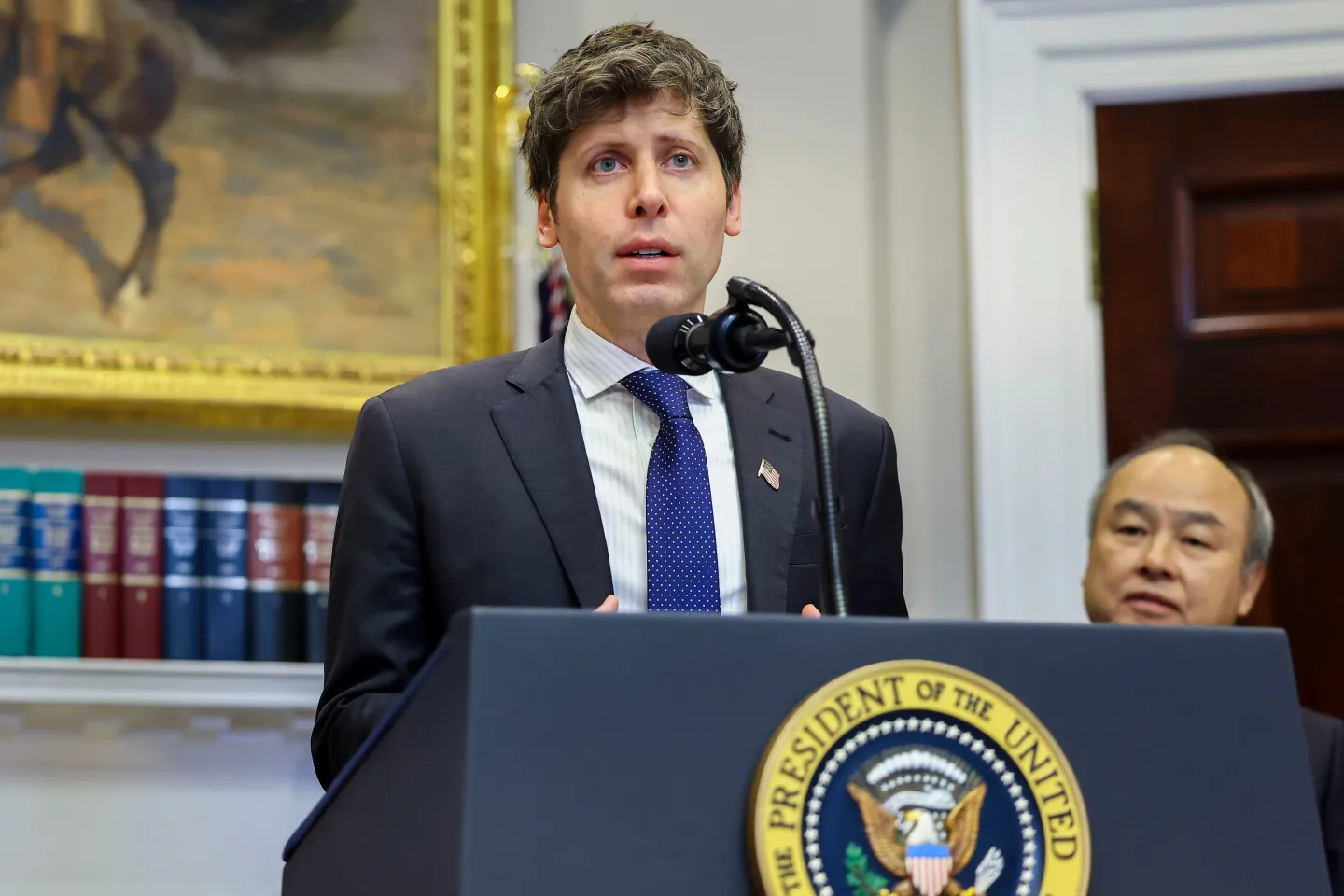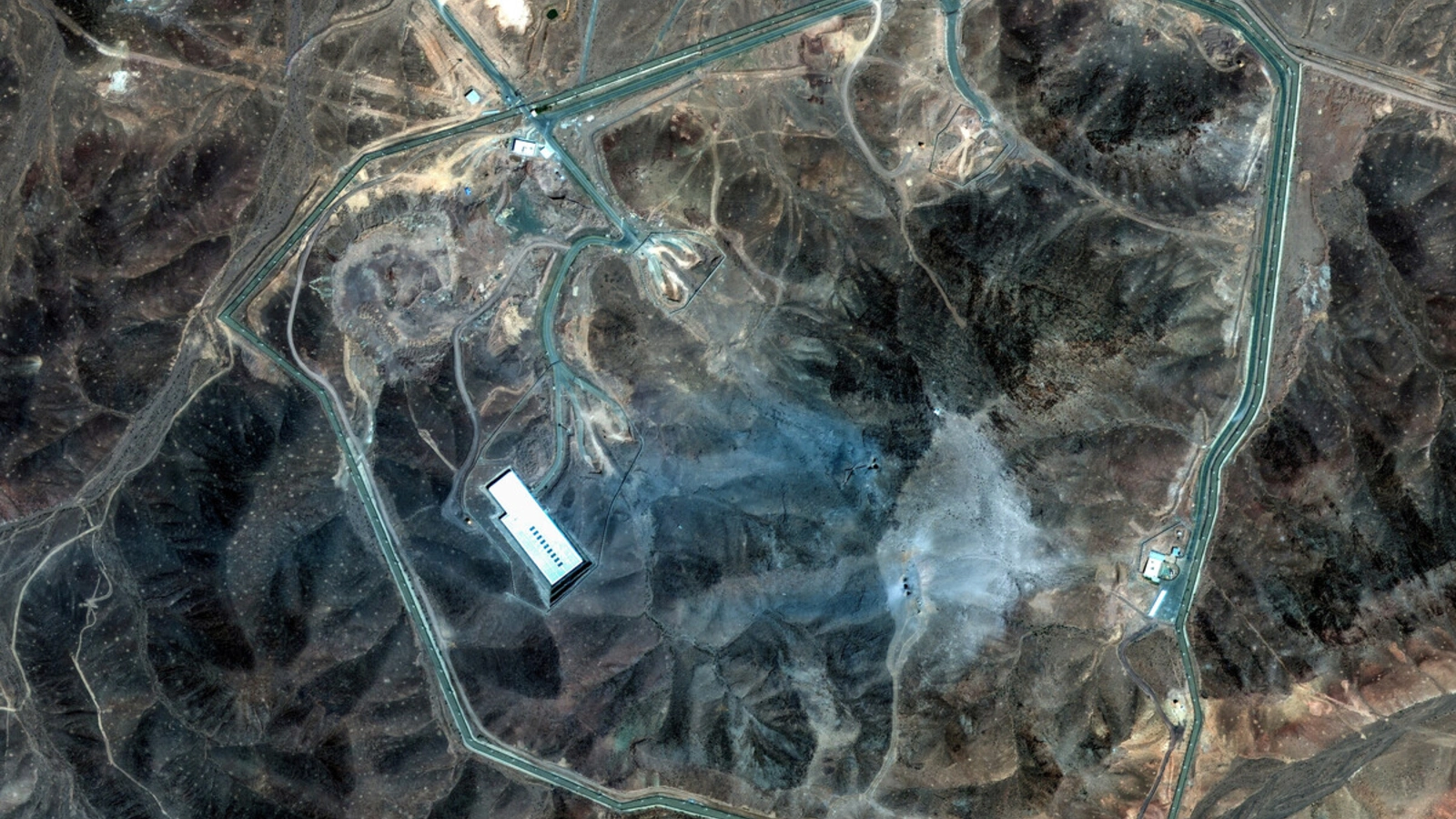The Great Unplugging: Reclaiming Your Time, Attention, and Life from the Digital Vortex
In the quiet hum of the modern world, a new, pervasive energy dominates our lives—the glow of screens. From the moment a synthetic alarm tone jolts us awake to the final, desperate scroll through social media before sleep, our days are framed by a constant dialogue with digital devices. This hyper-connectivity, once hailed as the pinnacle of human progress, has revealed a sinister double edge. The very tools designed to connect us to the world have begun to sever our connection to ourselves, to the present moment, and to the people right in front of us. We are living through a silent crisis of attention, a mass migration of human consciousness from the rich, tactile reality of the physical world to the curated, algorithmically-driven feeds of the digital one. The concept of a "digital detox"—a deliberate period of abstinence from our electronic leashes—has thus evolved from a trendy wellness fad into an urgent, necessary act of personal and cognitive reclamation.
The compulsion to check our devices is not a personal failing of willpower; it is a engineered response. Tech companies employ armies of neuroscientists and behavioral psychologists to design platforms that exploit the very wiring of our brains. Features like infinite scroll, variable ratio rewards (the "pull-to-refresh" mechanism that mimics a slot machine), and push notifications are meticulously crafted to trigger dopamine releases, conditioning us into a cycle of addiction. This is not accidental; it is the core business model. Our attention is the product being sold to advertisers, and the longer we stay engaged, the more valuable we become. This constant state of partial attention, or continuous partial attention as defined by tech thinker Linda Stone, creates a low-grade fight-or-flight response, keeping us in a perpetual state of alertness that is profoundly draining to our nervous systems.
The cognitive cost of this always-on lifestyle is staggering and well-documented by a growing body of scientific research. The primary casualty is our ability to engage in deep work—the state of focused, uninterrupted concentration required for complex problem solving, creative insight, and true productivity. Every ping, buzz, and notification acts as a "context switch," forcing our brains to abruptly change gears. A study from the University of California, Irvine, found that it takes an average of 23 minutes and 15 seconds to return to a deep state of focus after a single interruption. When we consider that the average person checks their phone hundreds of times a day, it becomes mathematically impossible to achieve any meaningful depth of thought, leading to a work culture that is frantic yet paradoxically unproductive.
Beyond productivity, the impact on our mental and emotional well-being is even more profound. The "compare and despair" phenomenon fueled by social media is a direct contributor to rising rates of anxiety, depression, and loneliness, particularly among younger demographics. We are constantly bombarded with curated highlight reels of others' lives—vacations, promotions, perfect relationships—which inevitably leads to negative social comparison and a diminished sense of self-worth. Furthermore, the blue light emitted from screens suppresses melatonin production, disrupting our circadian rhythms and degrading the quality of our sleep, which is the foundational pillar of both physical and mental health. This creates a vicious cycle: poor sleep leads to poorer emotional regulation, which leads to more mindless scrolling as a coping mechanism, further disrupting sleep.
Perhaps the most insidious theft is that of our time and our presence in our own lives. How many meaningful conversations have been fractured by a glancing phone? How many sunsets, childhood milestones, or quiet moments of reflection have been traded for a hit of digital validation? This constant distraction prevents us from engaging in the kind of unstructured boredom that is essential for creativity, self-reflection, and the formation of a solid identity. We are losing the ability to simply be with ourselves, to sit with our own thoughts without external stimulation. The digital world offers a constant escape from the discomfort of solitude, but in doing so, it prevents us from ever truly knowing ourselves.
Recognizing the problem is the first step; taking action is the next. A digital detox is not about renouncing technology forever, which is neither practical nor desirable in the modern world. Instead, it is a strategic and conscious recalibration of our relationship with our devices. It is about moving from a state of passive consumption to one of intentional use, where technology serves us as a tool rather than us serving as a resource for the technology. The goal is to break the cycle of compulsive behavior, reset our neurological pathways, and reclaim agency over our most precious resources: our time and our attention.
Embarking on a detox does not require a radical, week-long retreat to a cabin without Wi-Fi (though that is an option). For most, a sustainable approach involves integrating mindful practices into daily life. The first and most powerful step is to audit your usage. Both iOS and Android operating systems now include robust "Screen Time" or "Digital Wellbeing" trackers that provide an unvarnished, often shocking, look at how many hours you spend on which apps. This data is not meant to induce guilt, but to provide a factual baseline from which to make conscious changes. Awareness is the prerequisite for change.
Once aware, the next phase is to design your environment for focus, not distraction. This means aggressively curating your notifications. Open your phone's settings and disable every non-essential notification. Does a retail app really need to send you a push alert about a sale? Does your ego truly need to know the instant someone "likes" a photo? The answer is almost certainly no. Silence is your superpower. Furthermore, physically distance yourself from your phone during deep work sessions or meaningful personal time. Leave it in another room during dinner, charge it overnight outside the bedroom, and place it in a drawer while working. The mere presence of a smartphone, even face down, has been shown to reduce cognitive capacity in studies—a phenomenon known as the "brain drain" effect.
The concept of "digital minimalism," popularized by professor Cal Newport, advocates for a philosophy of use that is highly intentional. This involves decluttering your digital life: deleting unused apps, unfollowing accounts that don't bring you value or joy, and unsubscribing from email lists that clutter your inbox. It also means establishing strict tech-free zones and times in your life. The bedroom is the most critical zone to reclaim, transforming it into a sanctuary for sleep and intimacy, not for scrolling. The first hour of the morning and the last hour before bed are golden times to protect from digital intrusion, allowing your mind to wake and wind down naturally.
For those seeking a more formal reset, a weekend detox can be profoundly effective. This involves informing friends and family of your plans, setting up an auto-responder on your email, and fully disconnecting for 48 hours. The initial withdrawal pangs—the fidgeting, the boredom, the anxiety of "missing out"—are normal and will pass. What emerges in their place is often a sense of spaciousness: time seems to expand, senses become heightened, and the mind, freed from its constant stimulation, begins to wander, dream, and create again. It is in this boredom that we often find our best ideas and our deepest sense of peace.
Replacing digital habits with analog pleasures is essential for a successful long-term transition. Cultivate high-quality leisure activities that provide a sense of engagement and fulfillment that passive consumption never can. Rediscover the pleasure of reading a physical book, the mindfulness of cooking a meal from scratch, the connection of a long walk in nature without headphones, or the joy of a face-to-face conversation without a phone on the table. These activities are not just distractions from screens; they are active investments in your own well-being, reinforcing neural pathways associated with patience, focus, and genuine connection.
Ultimately, a digital detox is not a one-time event but an ongoing practice of mindfulness. It is a commitment to continually question the role technology plays in your life. Ask yourself regularly: Is this device serving me, or am I serving it? Is this app adding value to my life, or is it merely draining my time? This conscious curation leads to a more sustainable and fulfilling relationship with technology. The goal is not to live in a Luddite fantasy but to achieve a state of balance where we can harness the incredible power of technology for learning, connection, and productivity without allowing it to erode our humanity, our attention spans, and our capacity for real-world joy. In the end, the great unplugging is about more than just putting down the phone; it is about picking up your life. It is a quiet rebellion against the forces vying for your attention, a declaration that your time, your focus, and your lived experience are the most valuable currencies you possess. The digital world will always be there, patiently waiting. But the sunset, the conversation, the moment of silence—these are fleeting. And they are ours to claim.

























